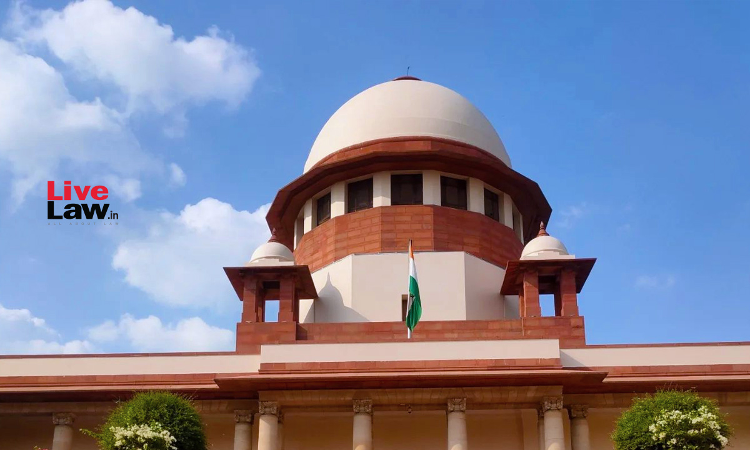Prime Minister/Chief Minister Does Not Have Disciplinary Control Over Other Ministers: Supreme Court
Ashok KM
3 Jan 2023 7:22 PM IST

Next Story
3 Jan 2023 7:22 PM IST
The Supreme Court observed that a Prime Minister or the Chief Minister does not have disciplinary control over the members of the Council of Ministers.The Constitution Bench made this observation while holding that a statement made by a Minister, even if traceable to any affairs of the State or for protecting the Government, cannot be attributed vicariously to the ...
